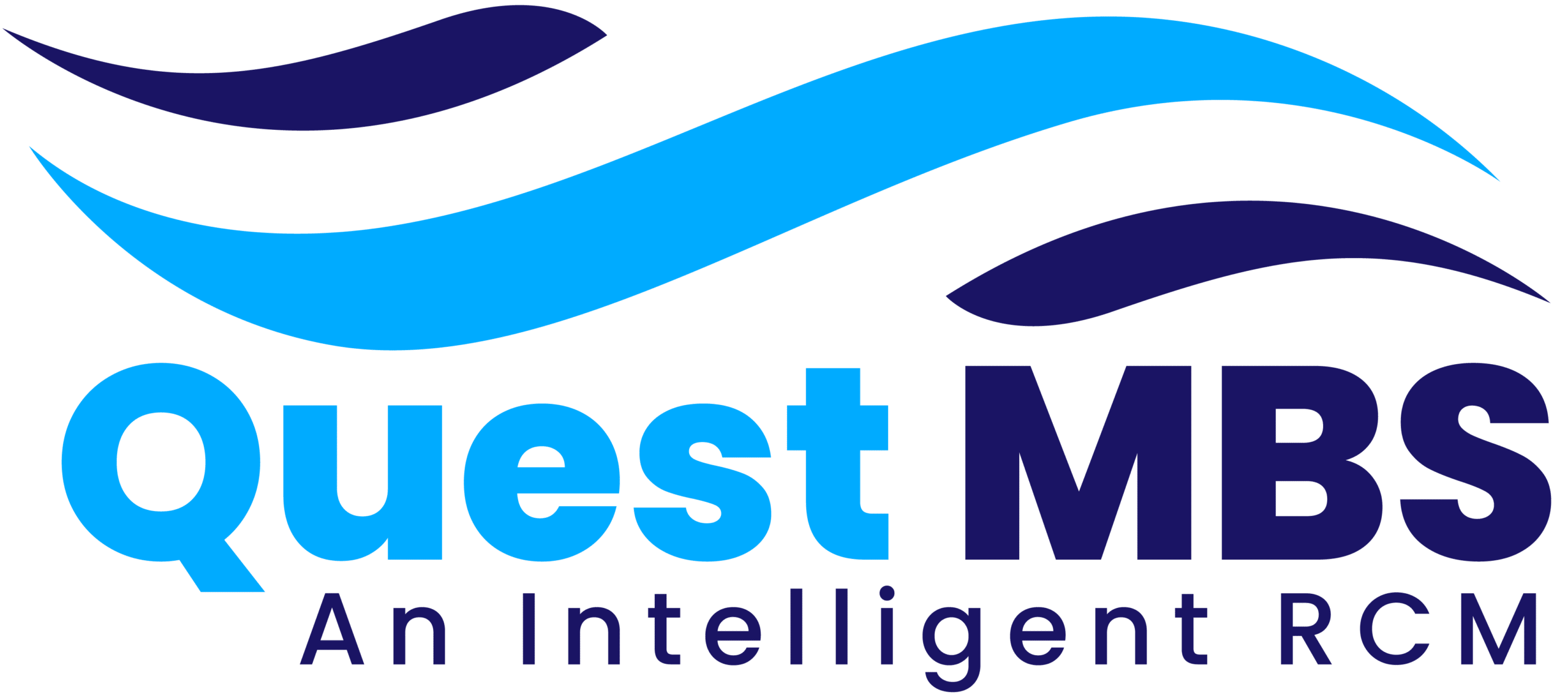1. Understand Medicaid Guidelines:
Each state has its own Medicaid program, and guidelines can vary significantly. Familiarize yourself with your state’s coverage rules, documentation requirements, and billing formats to ensure compliance and avoid denials.
2. Verify Patient Eligibility Before Every Visit:
Medicaid eligibility can change frequently, sometimes even month-to-month. Always verify a patient’s coverage before rendering services. Use automated eligibility verification tools to reduce errors and prevent claim rejections.
3. Use Accurate and Up-to-Date Codes:
Ensure that all diagnosis and procedure codes are accurate, current, and reflect the services provided. Stay updated with the latest changes in ICD-10, CPT, and HCPCS coding standards to avoid claim delays.
4. Document Everything Thoroughly:
Thorough documentation is crucial for Medicaid claims. Clearly outline the medical necessity of services, treatment plans, and progress notes. Incomplete records can lead to audits or denials.
5. Submit Claims Timely:
Medicaid has strict timely filing limits, which may be shorter than those of commercial payers. Missing these deadlines could result in complete denial of reimbursement. Set internal deadlines and use automation to ensure timely submissions.
6. Track Claim Status Actively:
Don’t just submit and forget. Regularly monitor claim status to identify issues early. Many claim management systems allow you to follow up on outstanding claims and flag potential problems before they escalate.
7. Address Denials Quickly and Strategically:
Denials are inevitable, but how you respond to them determines your revenue impact. Analyze denial reasons, correct errors promptly, and resubmit with proper documentation. Build a system for denial tracking and appeal management.
8. Optimize Your Billing Software:
Invest in billing software designed for Medicaid workflows. These tools can automate eligibility checks, provide payer-specific rules, generate accurate claims, and streamline follow-ups—all while reducing human error.
9. Train Staff Regularly:
Billing staff should be trained consistently on Medicaid requirements, coding updates, and claims workflows. Well-informed teams are less likely to make mistakes and more efficient at handling complex claims.
10. Coordinate with Case Managers and Providers:
Maintaining open communication between billing teams, providers, and case managers ensures that services are covered and properly authorized. It also helps align documentation with billing codes.
11. Perform Internal Audits:
Conduct regular internal audits to identify coding or billing issues before they result in Medicaid audits. This proactive approach helps maintain compliance and protect your practice from penalties.
12. Stay Informed About Policy Changes:
Medicaid rules evolve frequently due to legislative and administrative updates. Subscribe to your state’s Medicaid bulletins, attend webinars, and monitor federal and state healthcare policy changes to stay ahead.







